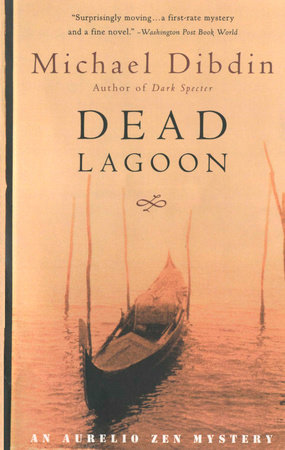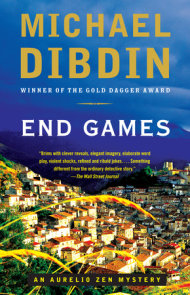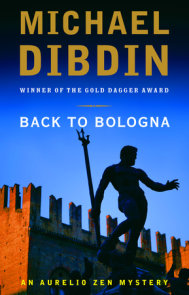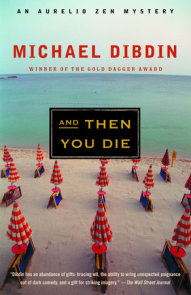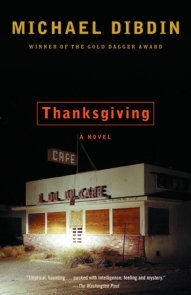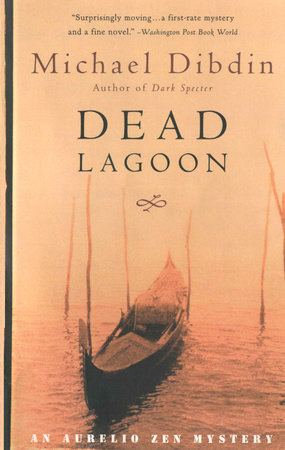

Add to Bookshelf
Dead Lagoon
By Michael Dibdin
By Michael Dibdin
By Michael Dibdin
By Michael Dibdin
Best Seller
Part of Aurelio Zen Mystery Series
Category: Crime Fiction | Suspense & Thriller | Paranormal Fiction
Category: Crime Fiction | Suspense & Thriller | Paranormal Fiction

Paperback
$19.00
Jan 03, 1996 | ISBN 9780679753117
-
$19.00
Jan 03, 1996 | ISBN 9780679753117
-
Jun 06, 2012 | ISBN 9780307822499
YOU MAY ALSO LIKE
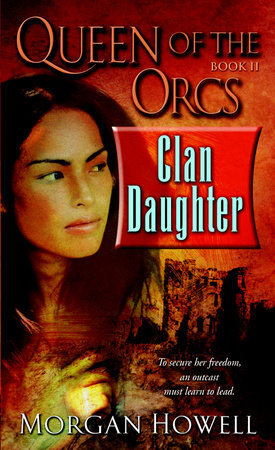
Queen of the Orcs: Clan Daughter
Ebook
$6.99
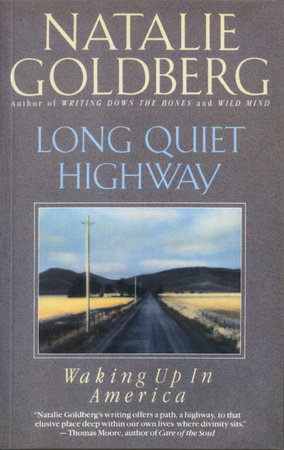
Long Quiet Highway
Paperback
$19.00
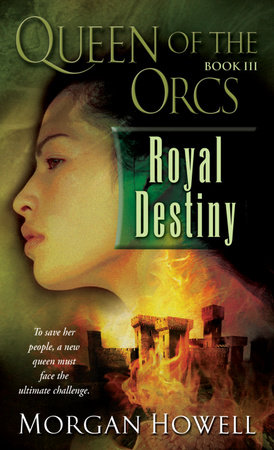
Queen of the Orcs: Royal Destiny
Ebook
$7.99
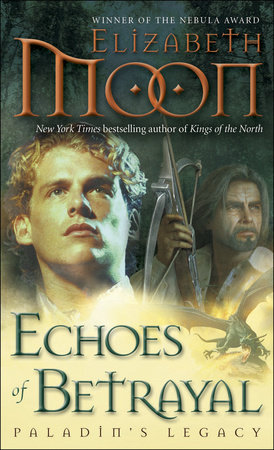
Echoes of Betrayal
Paperback
$8.99
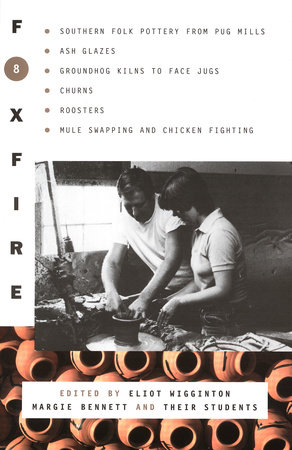
Foxfire 8
Paperback
$23.00
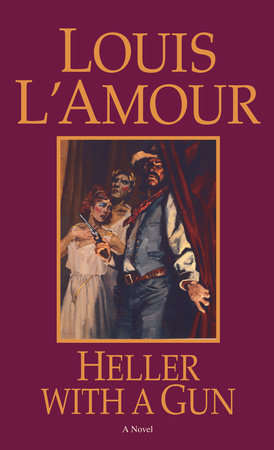
Heller with a Gun
Paperback
$6.99
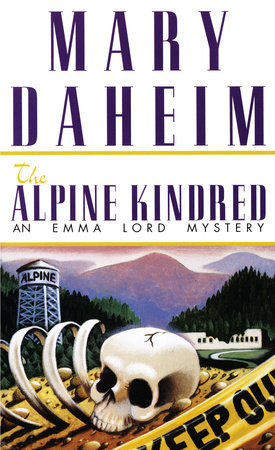
The Alpine Kindred
Ebook
$5.99

Foxfire 12
Paperback
$23.00
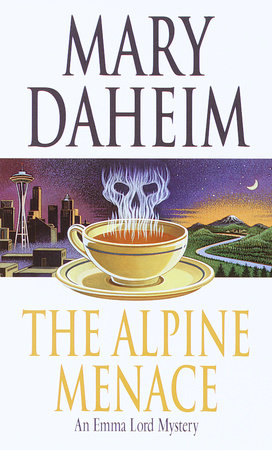
The Alpine Menace
Ebook
$5.99
Praise
"Surprisingly moving . . . a first-rate mystery and a fine novel."—Washington Post Book World"Dibdin’s plot is as elegantly elaborate as the crisscrossing canals of Venice."—Newsday"The author has transcended his own superb craftsmanship by working [two] story lines into a structure of pure steel, and by making it the foundation of a serious study of modern-day Venice."—The New York Times Book Review
Looking for More Great Reads?
21 Books You’ve Been Meaning to Read
21 Books You’ve Been Meaning to Read
×
Become a Member
Just for joining you’ll get personalized recommendations on your dashboard daily and features only for members.
Find Out More Join Now Sign In






